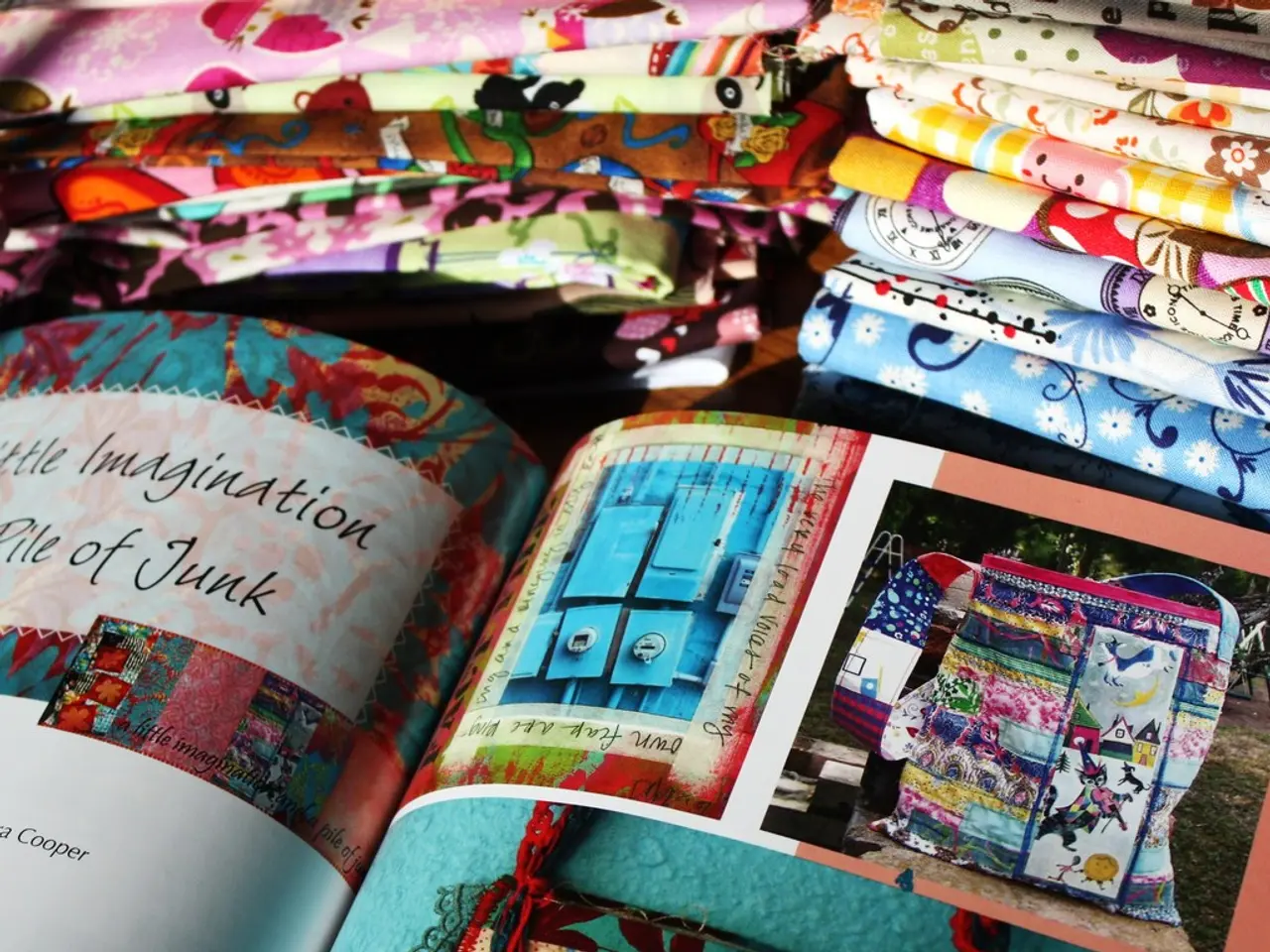"Identifying Symptoms Indicating a Mismatch in Your Birth Family"
Living in a Toxic Family: Signs You May Have Been Born into the Wrong Family
Being born into a toxic or abusive family can be a challenging and confusing experience. Such families are often characterized by factors like addiction, emotional immaturity, or abuse, leading to a profound impact on one's emotional and relational development, identity, and coping mechanisms.
Recognizing the Signs of a Toxic Family Environment
1. Identity and Self-Perception Issues - Struggling to understand what a healthy family dynamic looks like - Feeling like an outsider or different compared to others - Holding onto the belief that everything was okay in the family despite evidence to the contrary
2. Behavioral Patterns - Living amidst chaos and crisis, often continuing these patterns into adulthood - Difficulty completing tasks or exhibiting extreme behaviors such as being overly responsible or irresponsible - Impulsivity and making poorly thought-out decisions - Relying on coping mechanisms like lying or "stretching the truth," which can negatively affect future relationships and emotional health
3. Emotional and Relational Struggles - Having high and harsh standards for self and others, resulting in judgmental attitudes - Finding it difficult to relax or have simple, enjoyable moments - Struggling to show emotional vulnerability or build intimacy - Overreacting to uncontrollable changes and seeking constant approval from others - Exhibiting extreme loyalty, even when it is unhealthy - Experiencing unprocessed grief over lost childhood, underlying issues such as depression, anxiety, or anger
4. Emotional Immaturity of Parents - Parents who dismiss or invalidate your feelings, lack empathy, or burden you emotionally (enmeshment) - Developing limiting beliefs like "I must please others to be accepted" or "I am not worthy of love"
5. Hyper-Independence and Early Maturity - Taking on caregiving or leadership roles as a survival strategy in unstable families - Developing a strong but over-functioning personality that struggles to trust, be vulnerable, or rest
Other Potential Signs or Associated Factors
- Birth order influencing personality traits shaped by family dynamics, adding complexity to how an individual responds to family dysfunction
In summary, being born into the wrong family often involves being raised in an emotionally toxic, neglectful, or abusive environment that deeply disrupts normal emotional development and self-concept. Signs to look for include identity confusion, chaotic behavior patterns, relational difficulties, emotional suppression, and enduring trauma that can shape adult life profoundly.
No single sign definitively proves a toxic family, but a combination of these symptoms, especially if they persist into adulthood, suggests the influence of a dysfunctional upbringing. Other red flags include emotional distance, invalidation, and control over various aspects of your life, such as relationships, jobs, and choice of friends.
If you identify with some of these signs, it is essential to seek help and support to understand and navigate your experiences, heal from the past, and build a healthier, more fulfilling future.
- Amidst the turmoil of a toxic family environment, an individual's creativity might be stifled, leading to a projected struggle in exploring innovative ideas or expressing oneself genuinely in health-and-wellness, lifestyle, and relationships.
- The psychological toll of growing up in a dysfunctional family unit can manifest in the form of anxiety, causing a person to second-guess their decisions or experience heightened stress levels, often impacting their mental health negatively.
- As introverts, those raised in toxic families might find it challenging to develop and maintain healthy relationships due to the scarring effects of chronic exposure to invalidation, confrontations, and emotional distress.
- The science of psychology sheds light on the impact of a toxic family environment on mental health, revealing that it can lead to internalized beliefs concerning self-worth, often causing anxiety, depression, and a lack of trust in relationships.
- Dealing with the aftermath of a toxic family environment might involve embracing a mental-health and wellness lifestyle, which could involve adopting practices focused on stress management, mindfulness, and self-care to promote emotional stabilization and personal growth.




